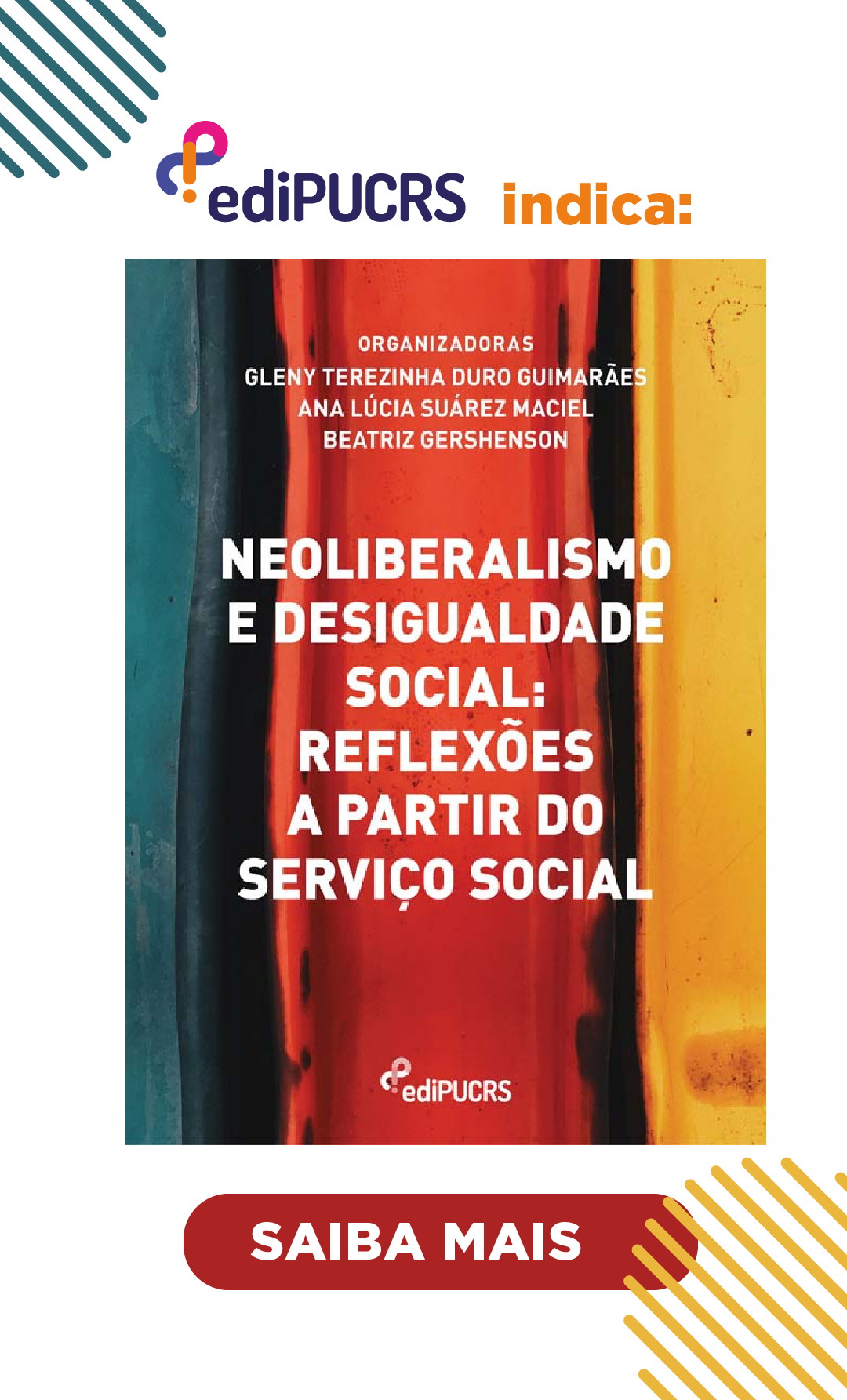Resisting the Brazilian psychiatric reform: a case study of a private psychiatric clinic/ES
Abstract
Abstract – This research analyzes the attention allotted to mental health related issues in state of Espírito Santo, Brazil utilizing the Psychiatric Clinic located in the district of Cachoeiro de Itapemirim, ES as a point of reference. The methodology employed in the undertaking of this research included a case study utilizing documental research, simple observation and interviews with the current director of the institution and a former employee. Initials findings indicate, in addition to the inexistence of an efficient system of admittance to the Clinic, a “hospitalcentric culture” lacking any strategies or therapies designed to reintegrate its residents with society. Our conclusions further indicate that the lack of an efficient system of admittance, strategies geared toward social reintegration and overpopulation as observed at the Psychiatric Clinic are the antithesis of efficient and desirable Mental Health policies and practices. Furthermore, it became evident that the social actors whose demands were not satisfied during the elaboration of mental health policies (in this case, the owners of private hospitals and clinics) return to the political scene during the process of executing such policies, employing strategies and tactics of resistance that hinder the effective and concrete implementation of desirable mental health policies.Key words – Mental health policy. Public policy analyzes. Health policy.
Downloads
Downloads
Published
How to Cite
Issue
Section
License
Copyright
The submission of originals to Textos & Contextos (Porto Alegre) implies the transfer by the authors of the right for publication. Authors retain copyright and grant the journal right of first publication. If the authors wish to include the same data into another publication, they must cite Textos & Contextos (Porto Alegre) as the site of original publication.
Creative Commons License
Except where otherwise specified, material published in this journal is licensed under a Creative Commons Attribution 4.0 International license, which allows unrestricted use, distribution and reproduction in any medium, provided the original publication is correctly cited.





